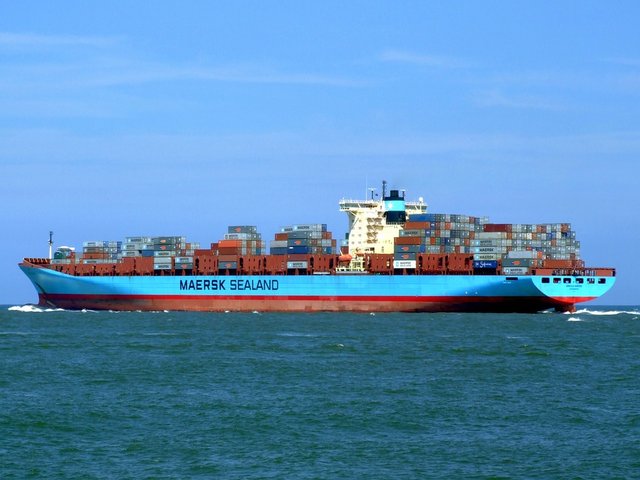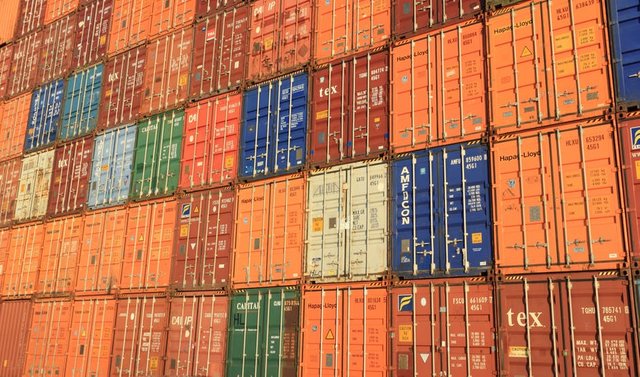How will Blockchain technology revolutionize logistics and shipping?

Over the past year, IBM has worked with the world's largest cargo carrier, the Danish company Maersk, with a combined value of over $ 60 billion in container and ship ownership. The cooperation aims to establish a system based on blockchain technology to regulate shipping transactions and complete most of their operations, which usually require the use of several intermediaries and a large group of employees.
Over the course of a year, the two giant companies have collaborated on the project in a test without the actual name of the project. Today, however, after the success of this trial operation, the IBM-Maersk alliance announced the official name of the project, TradeLens, and the accession of 92 new partners to the project, Hamburg Sud, the German shipping giant, effectively turning the project into the future of shipping technologies in the world.
The shipping sector is a vital sector in the world. The sector supplies the entire world with vital commodities on an ongoing basis. The 92 companies joining the new alliance account for an estimated 20% of the world's supply chain, including 235 marine ports around the world.

The TradeLens project aims at facilitating all services and transactions related to the shipping industry, based on Block Qin technology, including the preparation, dispatch and follow-up services. It needs, for example, to inquire about the location of a consignment in the traditional way to five different brokerage firms, Which will be reduced by using the TradeLens system to a single electronic process.
According to a World Trade Organization (WTO) report, a total of 17.5 percent of the current cost of shipping is expected to be fully dependent on an integrated electronic system, which will boost the sector's profits and make it more accessible to exporters and suppliers, especially in developing countries. . But the expansion of the adoption of this electronic system in the future may mean more savings in the cost of shipping estimated by companies, up to 40% of the current cost of the current because of the larger savings in the time being wasted between each step during the process of shipping, which can be reduced to zero with New electronic systems.
As for the expected benefit of IBM system development, the value of the e-services market that supports the shipping sector by 2026 is estimated at US $ 32 billion. The company plans to account for service users at a fixed cost per container. During the previous trial period, the system was tested to complete 154 million different treatments.
&all knowledge with God .